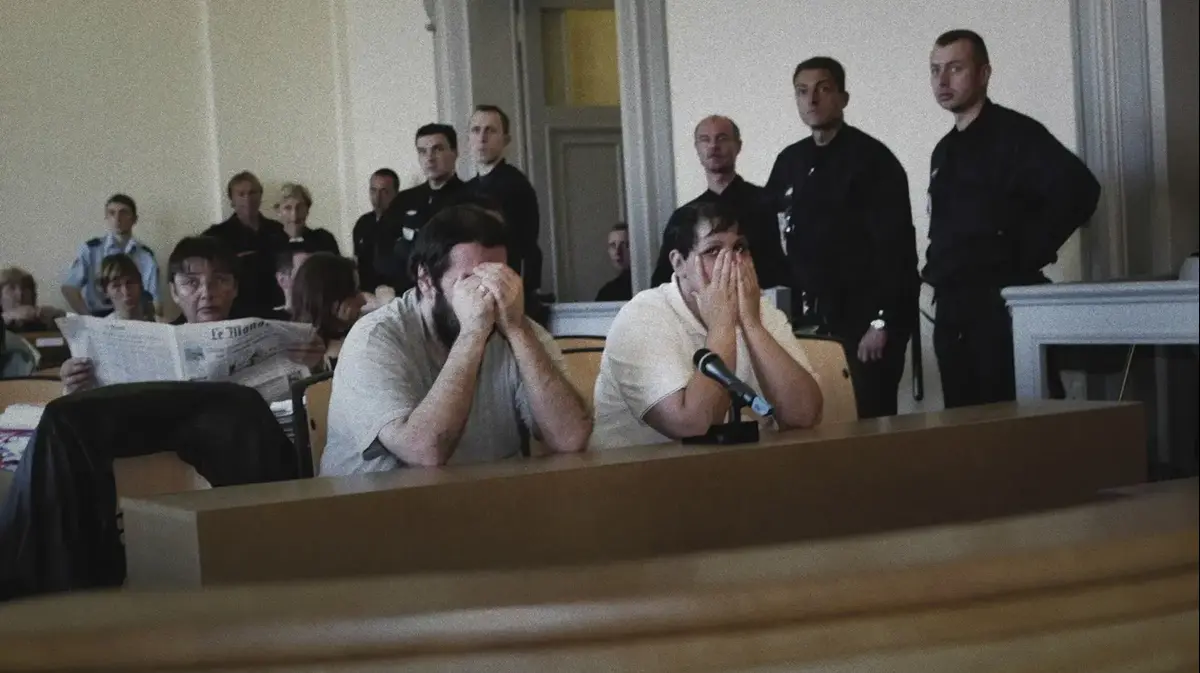On average, every judge in Israel has 527 open cases; • unequal load distribution: some of the judges have only 200 cases; Leshian - 4,585 • B'Tselem: "The system suffers from inefficiencies affecting civilians"
Supreme Court // Photo: Oren Ben Hakun
The justice mills are slowly grinding: Data reached by "Israel Today" lists the stock of all judges in the entire judicial system - and illustrates the size of the system's burden.
According to the data, published following the Freedom of Information request filed by the B'Tselem organization for the administration of the courts, an average judge in Israel is dealing with an inventory of about 530 cases in his handling, as of this date. The district court judges deal with slightly fewer cases than the average, and hold about 400 cases per judge, while the magistrates deal with more cases than the average, and almost 600 cases are in front of their offices. The Labor Court judges deal with an average of 486 cases.
Of all the judges, those dealing with the largest number of cases are Judge Daniel Dembitz of the Jerusalem Magistrate's Court, with an inventory of 4,585 cases; Sigalit Getz-Ofir of Haifa Magistrate's Court with 4,192 cases; Einav Golomb of Nazareth District Court with 3,965 cases; Amir Cheknowitz of Peace Tel Aviv with 3,809 files; And Eliad Winschl of the Jerusalem Magistrate's Court with 3,601 cases.
The data includes all cases in the system, and the number of cases does not necessarily reflect their actual weight, as the burden imposed on a judge handling criminal cases, for example, which includes lengthy evidence hearings, for judges handling traffic cases or bankruptcy cannot be compared. The high numbers on this list, for example, are explained by the court administration in that these are primarily bankruptcy cases, the nature of which does not require many inputs from the judge for each case.
According to the court administration, the distribution of cases among the judges is based on case weights, so despite the large gap in the case numbers, the actual burden on the judges is similar.
An analysis of the number of open cases in the various courts shows that the record inventory cases are the Central District Magistrates' Courts (which includes the Petah Tikva, Rishon Lezion, Ramla and other courts) with 66,212 cases; The Tel Aviv Peace with 49,970 files, the Jerusalem Peace with 35,406 cases, the Haifa Peace with 29,221 cases and the Tel Aviv Regional Labor Court with 19,040 cases. Courts with the smallest number of cases are Beit She'an Peace with 454 cases, Peace Kiryat Shmona with 872 cases and the National Labor Court with 1,045 cases.
In a breakdown of the burden on judges, it appears that the Magistrates Court in Hadera is dealing with the highest number of cases on average: 788 cases per judge; Safed Magistrate's Court with 765 cases to judge; Central Peace District with 752 to judge; Peace Be'er Sheva with 702 cases for judge and peace in Haifa with 680 cases for judge.
The courts with the smallest number of judges on average are the Beit She'an Magistrate's Court with an average of 227 cases, the Jerusalem District with an average of 264 cases and the peace in Tiberias with an average of 288 cases.
When it comes to the Supreme Court, the data we have come to include only cases in which the judges sit as a single judge, but not the cases in which hearings have been set for more extensive assemblies of the Supreme Judges and not petitions to the High Court. Because of this, the information provides only a partial picture of the workload they deal with Supreme Judges.
According to the data, Judge Uzi Fogelman is awaiting 7 cases; The animals carry 6 bags; Neal Handel, Manny Mazuz, and Yael Wilner 5 bags each; Velgroscopf, Elron, Solberg and Read are awaiting 4 files. According to the court administration, about 10,000 cases are opened each year, of which only 60 percent are sentenced as a single court. Naturally, the remaining cases that come up for discussions in expanded compositions are more complex and require more time and resources - so the data at our disposal provides only partial information in this context.
Few judges, lots of money
Why is the load so great? The administration of the courts hangs this on the number of judges in Israel, which stands at about 8 per hundred thousand people, compared to about 20 OECD countries on average. However, other data indicate that the problem may also be due to another reason: In terms of financial investment in the judicial system - Israel is peak. A study by the OECD that examined this in 2013 found that Israel spent more than 0.8 percent of its GDP on the judiciary - three times the OECD average. This figure may indicate inefficient resource allocation.
Another statistic that may explain this is the length of the discussions, which are also longer than average, which is about 890 business days in Israel, compared to 506 business days for the completion of a legal process on the OECD average.
"The judiciary suffers from a lack of transparency and efficiency," B'Tselem says, "it is reflected in the heavy burdens imposed on the judges, and ultimately the harm to civilian service. in her".









